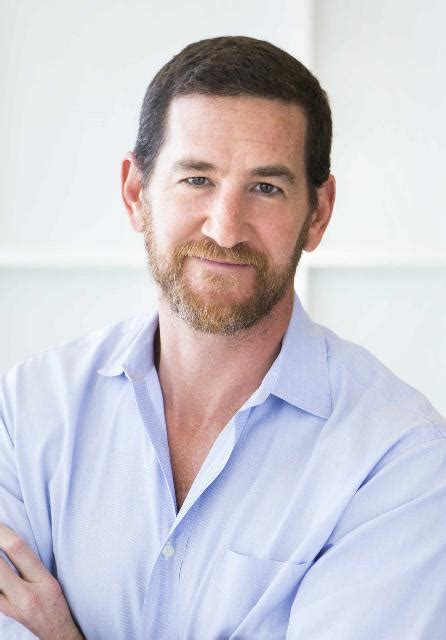A Quote by Simon Mainwaring
The most impactful way consumers can assert their power is to become mindful shoppers, giving their dollars only to socially responsible companies. In today's world of social media and smart phones, this is easy to do.
Related Quotes
It is a fact that, in the West, we live in a capitalist society, but that does not mean that we cannot be guided by the idea of a social conscience in our work. Yes, fashion design requires consumers to consume, but we can do our bit for society by running our companies in a socially responsible way, and by creating products that promote respect for social and environmental issues. There is also the possibility for power and influence to be a force for change.
If old consumers were assumed to be passive, then new consumers are active. If old consumers were predictable and stayed where you told them, then new consumers are migratory, showing a declining loyalty to networks or media. If old consumers were isolated individuals, then new consumers are more socially connected. If the work of media consumers was once silent and invisible, then new consumers are now noisy and public.
In the early 1970s, Milton Friedman argued that corporations should not be socially responsible because they had no mandate to be; they existed to make money, not to be charitable institutions. But in the economy of the 21st century, corporations cannot be socially responsible, if social responsibility is understood to mean sacrificing profits for the sake of some perceived social good. That's because competition has become so much more intense.
Some of the power has shifted from companies to people. Using social media tools (blogs, wikis, tagging, etc.) more individuals are creating semi-spontaneous 'groundswells' of opinions to which companies and other institutions are realizing they must respond. From marketing to consumers organizations are being pulled into engaging with individuals.
The most potentially transformative impact of social media is its ability to encourage brands to marry profit and purpose. The reason brands participate is that such outreach earns those companies social currency enabling them to start or participate in conversations that connect them to consumers in meaningful ways.































